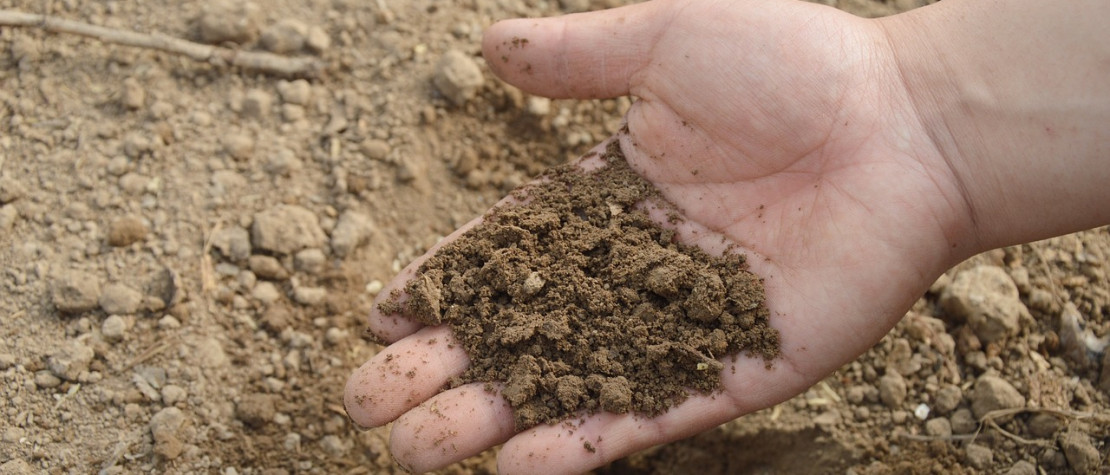
30 avril 2024
What exactly is soil ?
It's a simple fact: in 100 years, we've degraded the soil far more than in 1,000 years. So we've forgotten what's essential: preserving "Living Soils" to maintain the quality of our crops.
Indeed, soil is much more than just the surface beneath our feet. It is a complex living ecosystem, which plays an essential role in the health of our planet, in agriculture and therefore in our food.
At Germiflor, we are driven by a strong ambition: to protect this natural resource and guarantee living soil for future generations. We work alongside farmers on a daily basis to nurture and protect this essential element at the heart of our ecosystem and its sustainability.
Soil composition and structure
Soil is the top layer of the earth's crust, where plants grow and many organisms, including us, live.
Made up of mineral matter, organic matter, water and air, soil is structured into distinct layers, called "horizons", each playing a crucial role. The upper horizon, rich in humus, nourishes plants. Next come transition horizons, where minerals from the parent rock accumulate, and finally the parent rock. This structure can evolve differently depending on a number of factors: climate, relief, surface vegetation and, of course, human activity.
Soil functions
Soil plays a crucial role in agriculture, performing a number of functions vital to plant production.
1. Support for plant growth: Soil provides an anchor for plant roots, allowing them to stand upright and access water and nutrients for nourishment and growth.
2. Water and nutrient reservoir: Water is stored in soil pores, the open spaces between soil particles. The size and distribution of these pores determine the soil's water retention capacity. Nutrients come from the decomposition of organic matter. These include nitrogen, phosphorus and potassium.
3. Habitat for biodiversity: Soil is home to a multitude of living organisms, from micro-organisms to earthworms, which contribute to its fertility and good health. Micro-organism activity also plays a role in the release of nutrients into the soil.
4. Filter and regulator: Soil acts as a natural filter, trapping pollutants and purifying water. It also plays an important role in climate regulation by storing carbon, another key environmental issue.
Soil is therefore a production tool in its own right for the farmer.
The importance of soil preservation
The various functions of soil demonstrate the vital importance of preserving it for the sustainability of our environment and global food security. However, soils are often under increasing pressure from intensive agricultural practices, urbanization, deforestation and climate change.
Soil degradation can lead to loss of fertility, reduced agricultural productivity, landslides and an overall reduction in biodiversity.
Soil is an essential component of our biosphere. Yet we often tend to forget that it is a fragile, non-renewable resource. Understanding its composition, structure and functions is therefore fundamental to promoting its preservation and sustainable management.
For us, making exceptional fertilizers is a way of getting involved in this global issue, and thus playing an essential role for future generations. By focusing on innovation, quality and respect for the ecosystem, Germiflor is committed to providing effective, sustainable solutions to meet the specific needs of modern agriculture, while working to conserve living soil.

